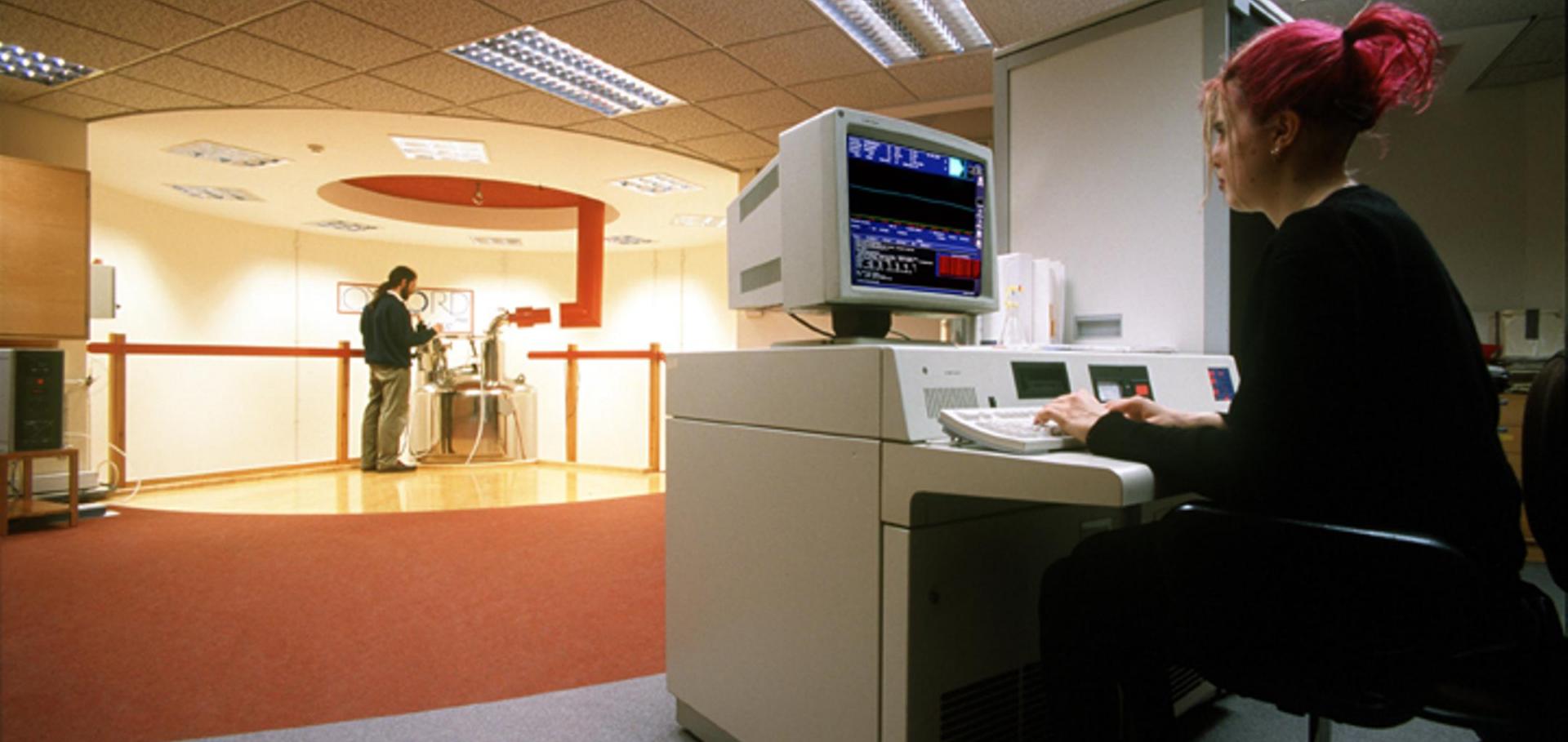Reaction operators for spin-selective chemical reactions of radical pairs
(2011)
Reaction operators for spin-selective chemical reactions of radical pairs
ArXiv 1103.5875 (2011)
Abstract:
Spin-selective reactions of radical pairs have traditionally been modelled theoretically by adding phenomenological rate equations to the quantum mechanical equation of motion of the radical pair spin density matrix. More recently an alternative set of rate expressions, based on a quantum measurement approach, has been suggested. Here we show how these two reaction operators can be seen as limiting cases of a more general reaction scheme.Magnetic field sensors using 13-spin cat states
Physical Review A - Atomic, Molecular, and Optical Physics 82:2 (2010)


